

Articles
How Many Btu AC Do I Need
Modified: October 18, 2024
Learn about how to calculate the BTU AC needed for your space. Explore our articles to find expert tips and advice on choosing the right cooling capacity.
(Many of the links in this article redirect to a specific reviewed product. Your purchase of these products through affiliate links helps to generate commission for Storables.com, at no extra cost. Learn more)
Introduction
Welcome to the world of air conditioning! With hotter temperatures becoming the norm, having an efficient cooling system is essential for a comfortable living environment. When it comes to choosing an air conditioner, one of the most important factors to consider is the BTU, or British Thermal Unit, rating.
Understanding the BTU rating of an air conditioner is crucial because it determines the cooling capacity and efficiency of the unit. By matching the BTU rating to the size of the space you want to cool, you can ensure that your air conditioning system works optimally and efficiently.
In this article, we will dive into the world of BTU ratings to help you understand how many BTUs you need for your air conditioner. By the end, you’ll have a clear understanding of the factors that affect BTU requirements and how to calculate your specific needs.
So, let’s get started and find out how many BTUs you need to keep your space cool and comfortable!
Key Takeaways:
- Understanding the BTU rating is crucial for choosing the right-sized air conditioner. Factors like room size, insulation, climate, and usage patterns play a role in determining the appropriate BTU requirements.
- When selecting the BTU rating, consider factors such as insulation, sun exposure, humidity, and energy efficiency. Consulting with an HVAC professional can help ensure the best decision for your cooling needs.
Read more: How Many Tons HVAC Do I Need
Understanding BTU
Before we delve into calculating how many BTUs you need for your air conditioner, it’s essential to understand what BTU actually represents. BTU, or British Thermal Unit, is the unit of measurement used to quantify the amount of heat energy needed to raise the temperature of one pound (about half a kilogram) of water by one degree Fahrenheit.
In the context of air conditioning, the BTU rating is used to measure the cooling capacity of an AC unit. The higher the BTU rating, the more powerful the air conditioner and the more cooling capacity it has. However, it’s important to note that bigger isn’t always better when it comes to BTU ratings.
An air conditioner with too high of a BTU rating for your space will result in inefficient cooling, unnecessary energy consumption, and may lead to temperature fluctuations. On the other hand, an air conditioner with too low of a BTU rating may struggle to effectively cool your space and may run constantly, resulting in higher energy bills.
By understanding the BTU rating and its significance, you can ensure that you choose the right-sized air conditioner for your specific needs. Let’s now explore the factors that affect BTU requirements.
Factors Affecting BTU Requirements
Several factors contribute to determining the BTU requirements for your air conditioner. Understanding these factors will help you determine the appropriate BTU rating for your space:
- Room Size: The size of the room is a significant factor in determining BTU requirements. Larger rooms require more BTUs to cool effectively, while smaller rooms can be adequately cooled with a lower BTU rating.
- Insulation: The level of insulation in the room plays a role in BTU requirements. Well-insulated rooms retain cool air better, requiring fewer BTUs to maintain a comfortable temperature. On the other hand, poorly insulated spaces may require more BTUs to compensate for the loss of cool air.
- Ceiling Height: The height of the ceiling affects the BTU requirements. Higher ceilings result in more cubic footage, requiring higher BTU ratings to effectively cool the space.
- Natural Light: The amount of natural light entering the room can impact the BTU requirements. Rooms with large windows and sun exposure require more BTUs to counteract the heat from sunlight.
- Climate: The climate of your location is an important factor to consider. Hotter climates typically require higher BTU ratings to combat the consistently high temperatures.
- Number of Occupants: The number of people in the room also affects the cooling requirements. A higher occupancy leads to increased heat generation, requiring higher BTUs to maintain a comfortable temperature.
- Appliance Heat: The heat generated by appliances, such as computers, televisions, and kitchen appliances, can impact BTU requirements. The more heat-producing appliances in the room, the higher the BTU rating needed to maintain a cool environment.
- Desired Temperature: The desired temperature inside the room is a significant factor in determining the BTU requirements. Lower desired temperatures require higher BTU ratings to achieve and maintain the desired coolness.
By taking these factors into account, you can make a more accurate assessment of the BTU rating required for your air conditioning unit. Now, let’s move on to calculating the BTU requirements for your space.
Calculating the BTU Requirements
Calculating the BTU requirements for your space involves considering the factors we discussed earlier. Here’s a step-by-step guide to help you determine the appropriate BTU rating:
- Calculate the square footage: Measure the length and width of the room in feet and multiply them together to get the square footage. For example, if a room measures 12 feet by 15 feet, the square footage would be 180 square feet.
- Adjust for room characteristics: Consider the factors affecting BTU requirements, such as ceiling height, insulation, natural light, and number of occupants. Multiply the square footage by the appropriate adjustment factor. For example, if the room has high ceilings, multiply the square footage by 1.25.
- Consider the climate: Consult a BTU chart or use a BTU calculator that takes into account the climate of your location. These resources provide recommended BTU ratings based on the climate conditions. Adjust the BTU rating obtained from the previous step based on the climate. For example, if you live in a hot climate, increase the BTU rating by 10-20%.
- Account for appliance heat: Take into consideration the heat generated by appliances in the room. If there is a significant heat load from appliances, add an additional percentage to the BTU rating obtained so far.
By following these steps, you can calculate a rough estimate of the BTU requirements for your space. However, it’s important to note that these calculations are not exact and should be used as a starting point. It is recommended to consult with a professional HVAC technician for a more accurate assessment.
Now that you have an idea of the BTU requirements, let’s explore some general guidelines for room size and BTU recommendations to help you make an informed decision.
To calculate the BTU needed for your AC, multiply the square footage of the room by 20 if it’s well-insulated, or by 25 if it’s not. Adjust for ceiling height, sunlight, and number of occupants.
Room Size and BTU Recommendations
When it comes to choosing the right BTU rating for your air conditioner, understanding the relationship between room size and BTU recommendations is crucial. Here are some general guidelines to help you match the BTU rating to the size of your room:
- Small Rooms: For rooms up to 150 square feet, a BTU rating of 5,000 to 6,000 is generally recommended. These rooms include small bedrooms, offices, or studio apartments.
- Medium Rooms: Rooms ranging from 150 to 350 square feet require BTU ratings between 7,000 and 10,000. These rooms include average-sized bedrooms, living rooms, or small apartments.
- Large Rooms: For rooms between 350 and 550 square feet, BTU ratings of 12,000 to 18,000 are suitable. These rooms include master bedrooms, large living rooms, or open floor plans.
- Extra-Large Rooms: Rooms larger than 550 square feet may require BTU ratings above 18,000. These rooms include spacious living areas, open-plan apartments, or commercial spaces. It’s advisable to consult with an HVAC professional for accurate recommendations in these cases.
Keep in mind that these are general guidelines and may vary based on the factors we discussed earlier. It’s important to consider insulation, ceiling height, climate, and other variables when determining the appropriate BTU rating for your specific space. Consulting with a professional can help ensure that you make the best decision for your cooling needs.
Now that we’ve covered the room size and BTU recommendations, let’s discuss some additional factors to consider when choosing the right BTU rating for your air conditioner.
Read more: How Do I Know If My AC Needs Freon
Factors to Consider When Choosing AC BTU
Choosing the right BTU rating for your air conditioner involves considering various factors beyond just room size. Here are some additional factors to consider when selecting the appropriate BTU rating:
- Insulation and Weatherproofing: If your room is well-insulated and properly weatherproofed, you may be able to select an air conditioner with a slightly lower BTU rating. On the other hand, if your room has poor insulation or lacks weatherproofing, it’s advisable to opt for a higher BTU rating to compensate for potential heat gain.
- Number of Windows and Sun Exposure: Rooms with large windows and significant sun exposure will experience more heat gain. In such cases, it’s recommended to choose an air conditioner with a higher BTU rating to counteract the heat from sunlight and maintain a comfortable temperature.
- Level of Humidity: If you live in a humid climate, it’s advisable to select an air conditioner with a slightly higher BTU rating. Higher BTU ratings allow the air conditioner to remove more moisture from the air, creating a more comfortable environment.
- Usage Patterns: Consider how the room will be used and the number of occupants. For rooms that will be heavily occupied or have equipment that generates heat, opt for a higher BTU rating to account for the additional heat load.
- Energy Efficiency: Energy efficiency is an important factor to consider. While higher BTU ratings provide more cooling power, they also consume more energy. Strike a balance between the BTU rating and the energy efficiency of the air conditioner to ensure optimal cooling without excessive energy consumption.
- Budget: Lastly, consider your budget when choosing the BTU rating. Higher BTU ratings often come with a higher price tag. Decide on a BTU rating that meets your cooling needs while staying within your budget.
By considering these factors, you can make a more informed decision when choosing the BTU rating for your air conditioner. It’s always a good idea to consult with an HVAC professional for personalized recommendations based on your specific needs and circumstances.
Now that we’ve covered the important factors to consider, let’s wrap up the article.
Conclusion
Understanding the BTU requirements for your air conditioner is essential for achieving optimal cooling and energy efficiency. By considering factors such as room size, insulation, climate, and usage patterns, you can determine the appropriate BTU rating for your space.
Remember, choosing the correct BTU rating is a balancing act. While it’s important to have a unit with sufficient cooling capacity to cool your space effectively, an oversized unit may lead to inefficiency and higher energy bills. On the other hand, an undersized unit may struggle to maintain a comfortable temperature.
Referencing guidelines for room size and BTU recommendations can provide a starting point, but it’s important to factor in other variables specific to your space. Insulation, climate, window exposure, and the number of occupants all play a role in determining the appropriate BTU rating.
Lastly, consider your budget and energy efficiency when choosing the BTU rating. Opt for a unit that fits within your financial constraints while still providing efficient cooling performance.
When in doubt, consulting with an HVAC professional can help you make an informed decision. They can assess your specific cooling needs and recommend the most suitable BTU rating for your air conditioner.
By taking the time to calculate the BTU requirements and consider the various factors involved, you can ensure your air conditioner provides optimal comfort and efficiency in your living or working space.
So go ahead, make an informed decision, and enjoy the cool, comfortable environment that a properly sized air conditioner can provide!
Frequently Asked Questions about How Many Btu AC Do I Need
Was this page helpful?
At Storables.com, we guarantee accurate and reliable information. Our content, validated by Expert Board Contributors, is crafted following stringent Editorial Policies. We're committed to providing you with well-researched, expert-backed insights for all your informational needs.




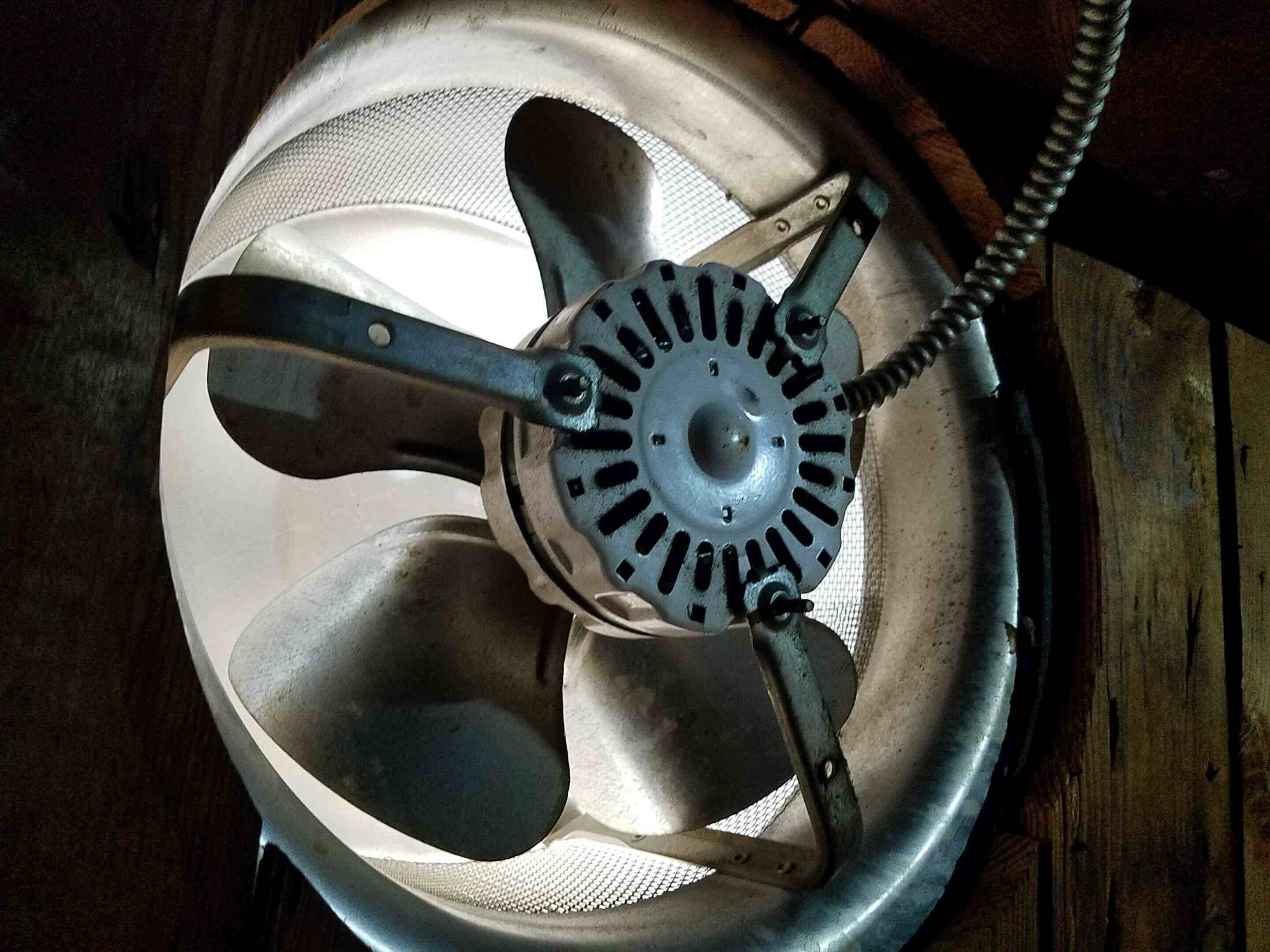
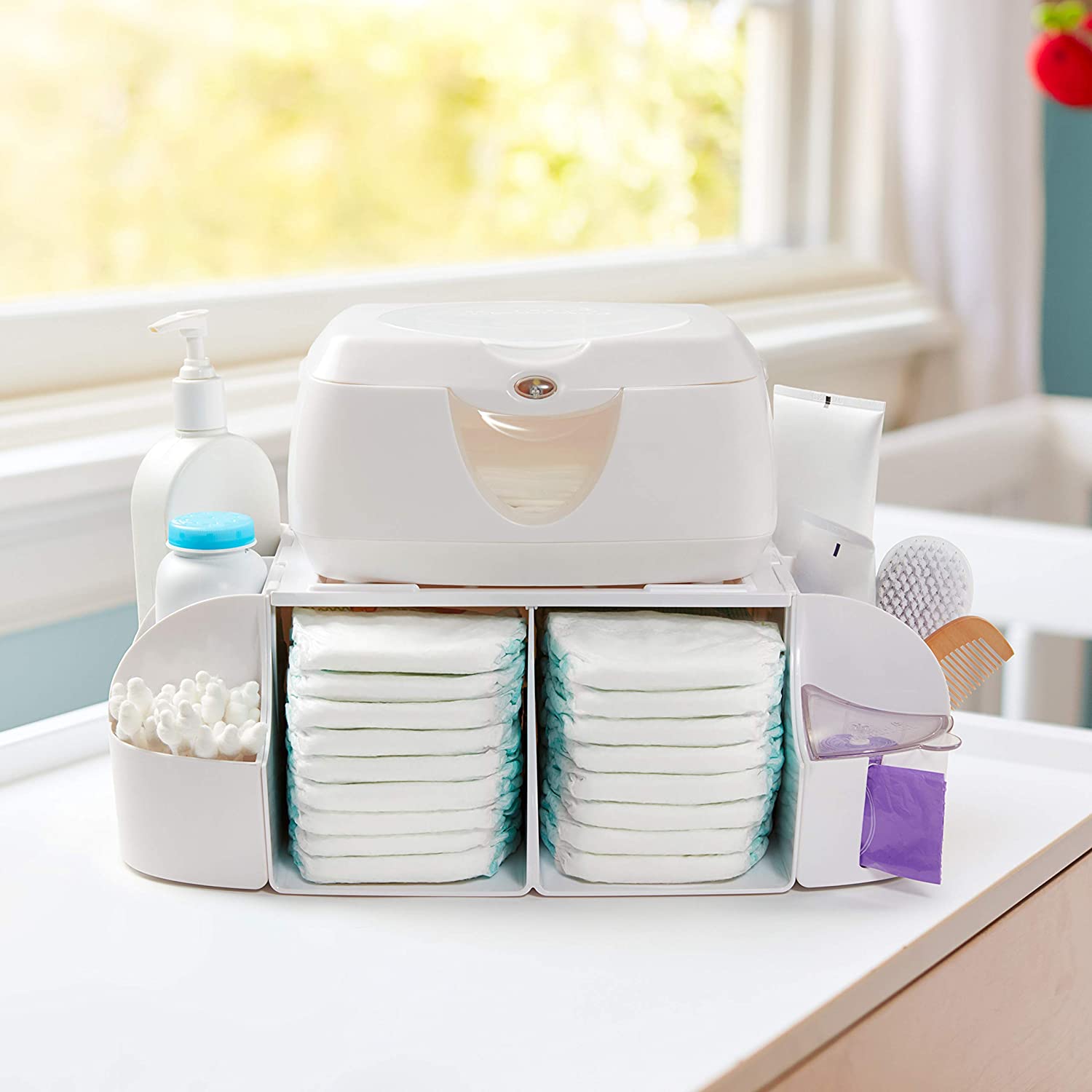

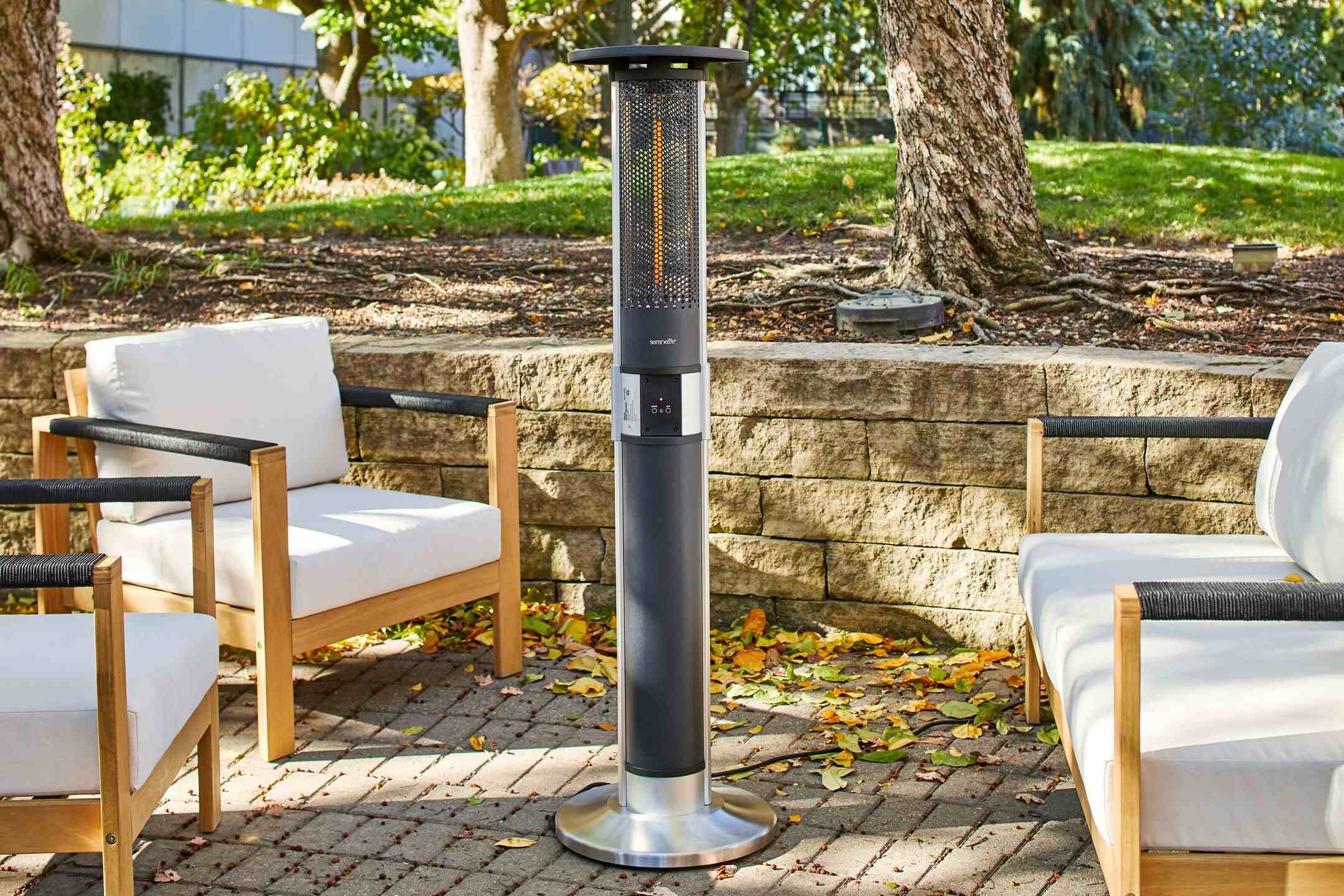
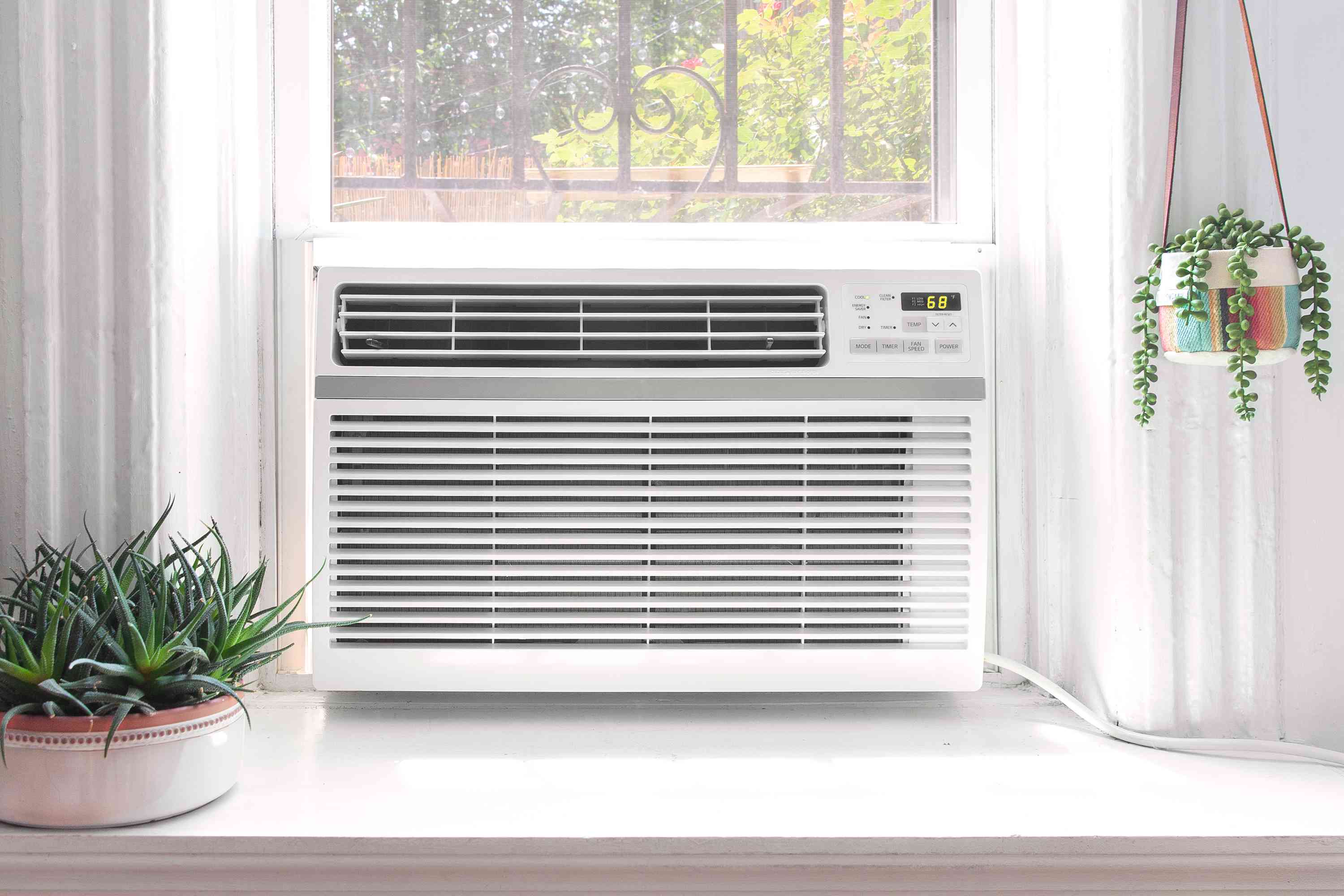
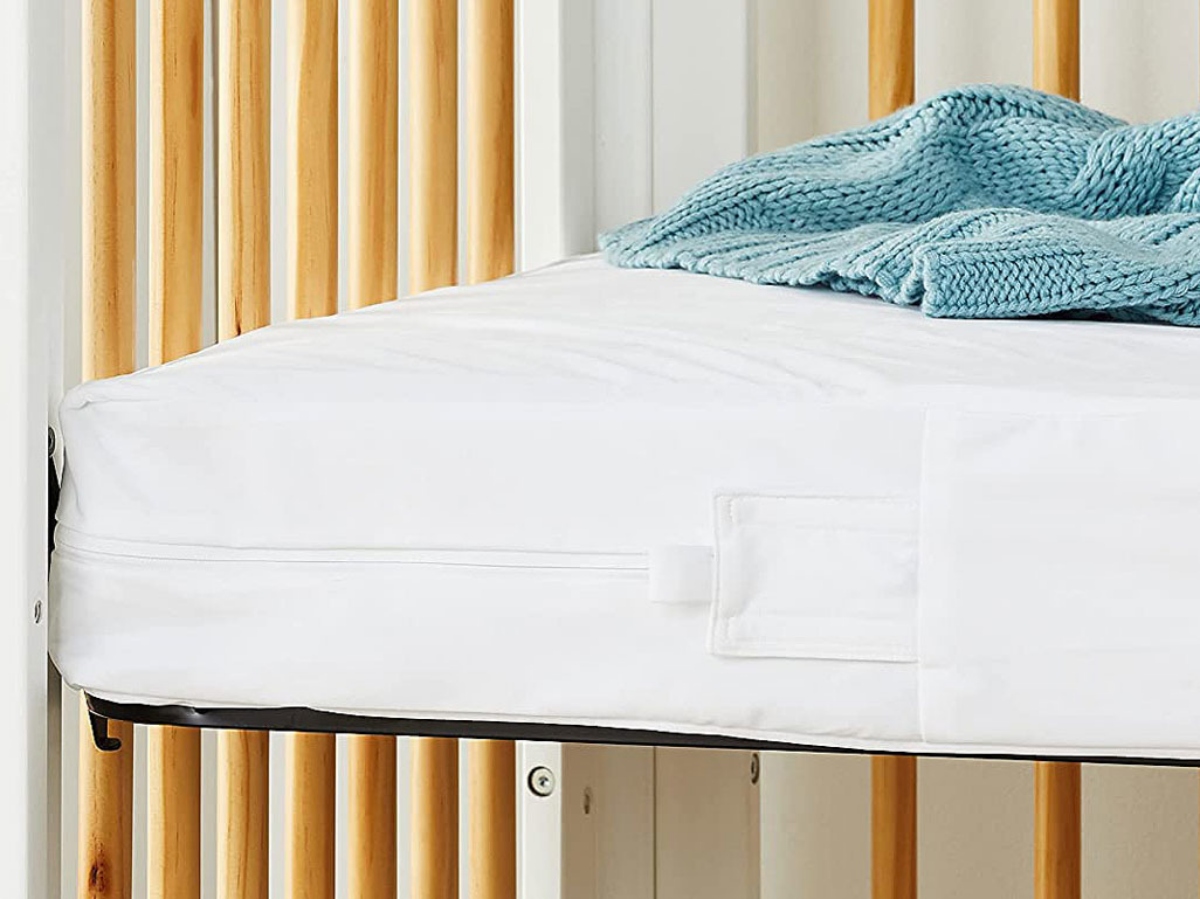

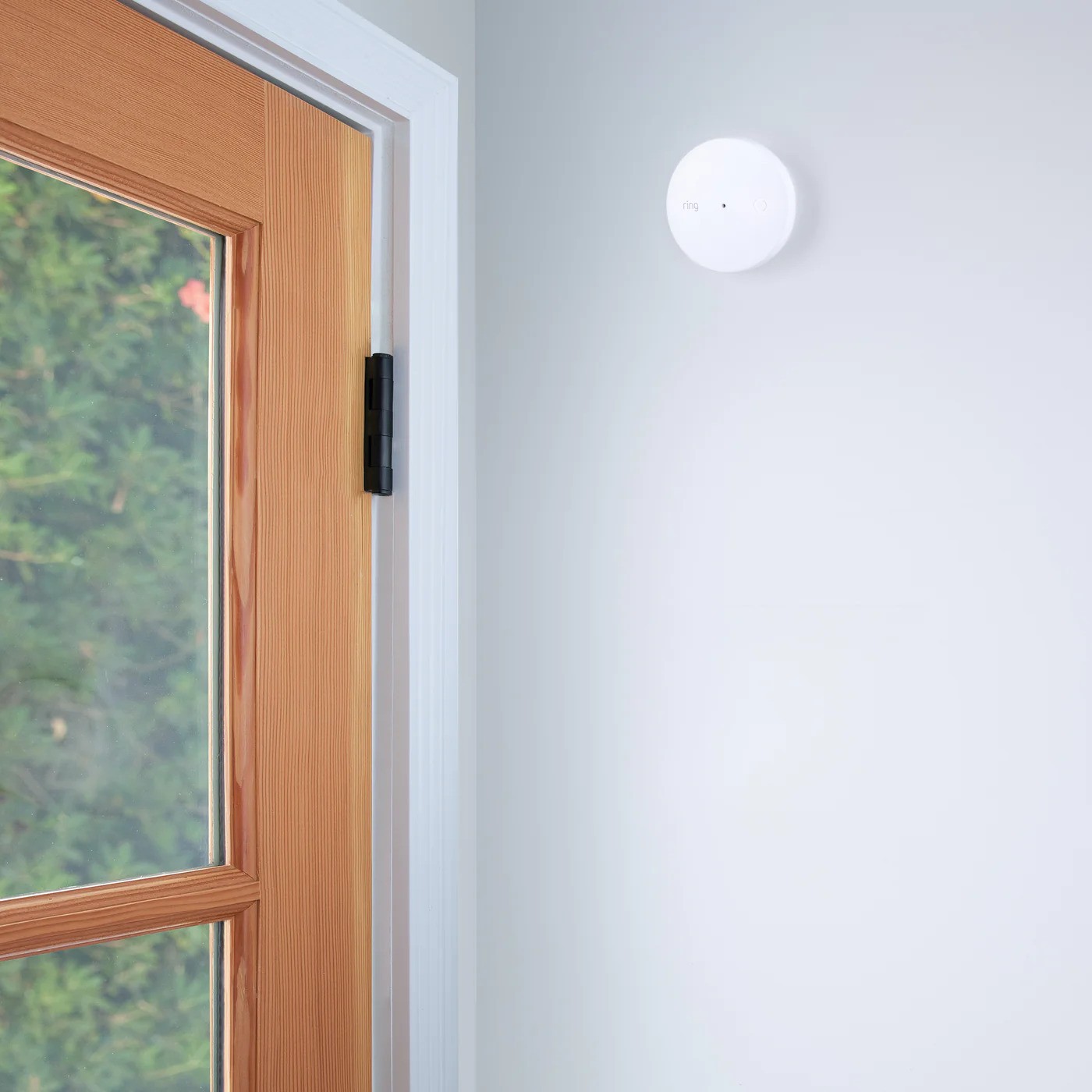
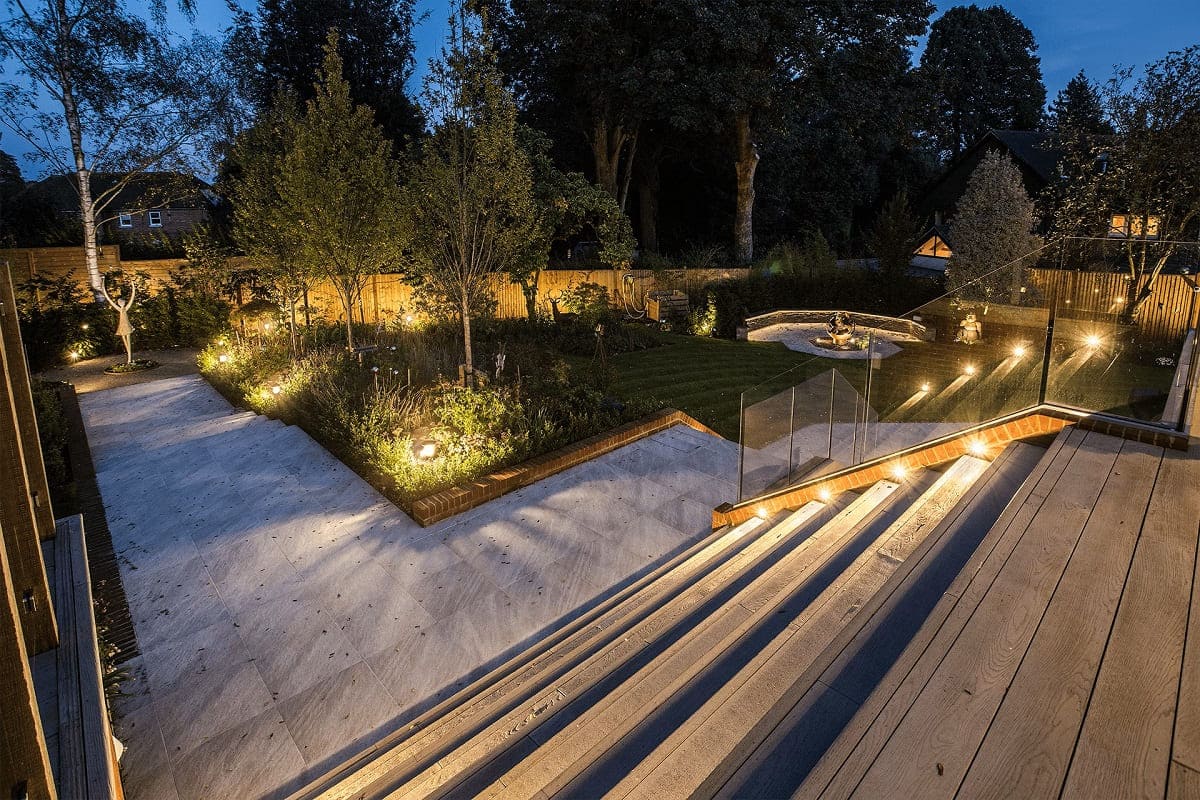


0 thoughts on “How Many Btu AC Do I Need”